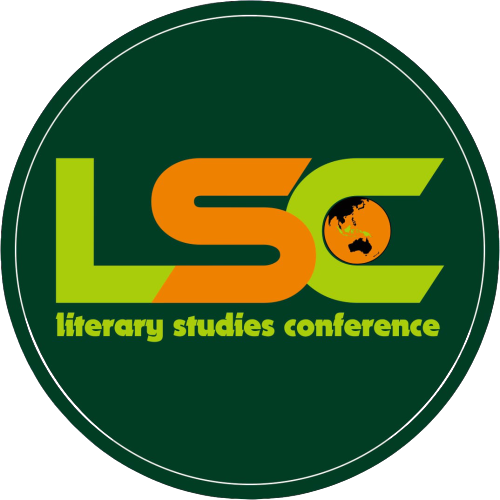Post-theory and Indonesian Literature
Paulus Sarwoto
Sanata Dharma University, Yogyakarta, Indonesia
Post-theory or after theory offers some possible meanings and none of which indicates the end of theory or the return to liberal humanism. Post-theory might mean going beyond structuralism, post-structuralism, Marxism, etc. It also means a new paradigm in looking into the connection between theory and texts in terms of not what theory does to texts but what texts do to theory. Another meaning of post-theory, and this is what I am presenting, is the interrogation of Western epistemology for its centrality and domination in literary and cultural theory. Postcolonial theory can be seen as one of such efforts. However, an Indian scholar, Revathi Krishnaswamy, argues that despite the enormous influence of postcolonial theory, it has “only dented, not dismantled Eurocentric practices of knowledge productions”. In Indonesia, until a couple decades ago, critical postcolonial awareness in literary criticism was even almost absent (Foulcher). When finally, it is in vogue among Indonesian scholars, the topics brought up have been somewhat outdated in the global academic conversations. Responding to Krishaswamy’s invitation and Indonesian postcoloniality in general, this working paper will look at the comparative analysis of Java’s narratives of Baron Sekeber and Shakespeare’s Prospero using postcolonial lens to seek the traces of the Javanese critique of Western epistemology, underlying the figuration of dramatic characters, such as Prospero and Caliban. It will see how the text of Baron Sekeber, its theatrical manifestation, and its living myth, while interrogating Western epistemology, contain the ambivalent traces of decoloniality.

Paulus Sarwoto
Paulus Sarwoto, Ph.D. is a lecturer and the Director of the Graduate Program of Universitas Sanata Dharma (USD), Yogyakarta, Indonesia. His doctorate degree is in Comparative Literature and Cultural Studies is from Monash University (2013) and his M.A. is also in Comparative Literature from Louisiana State University (2004).
